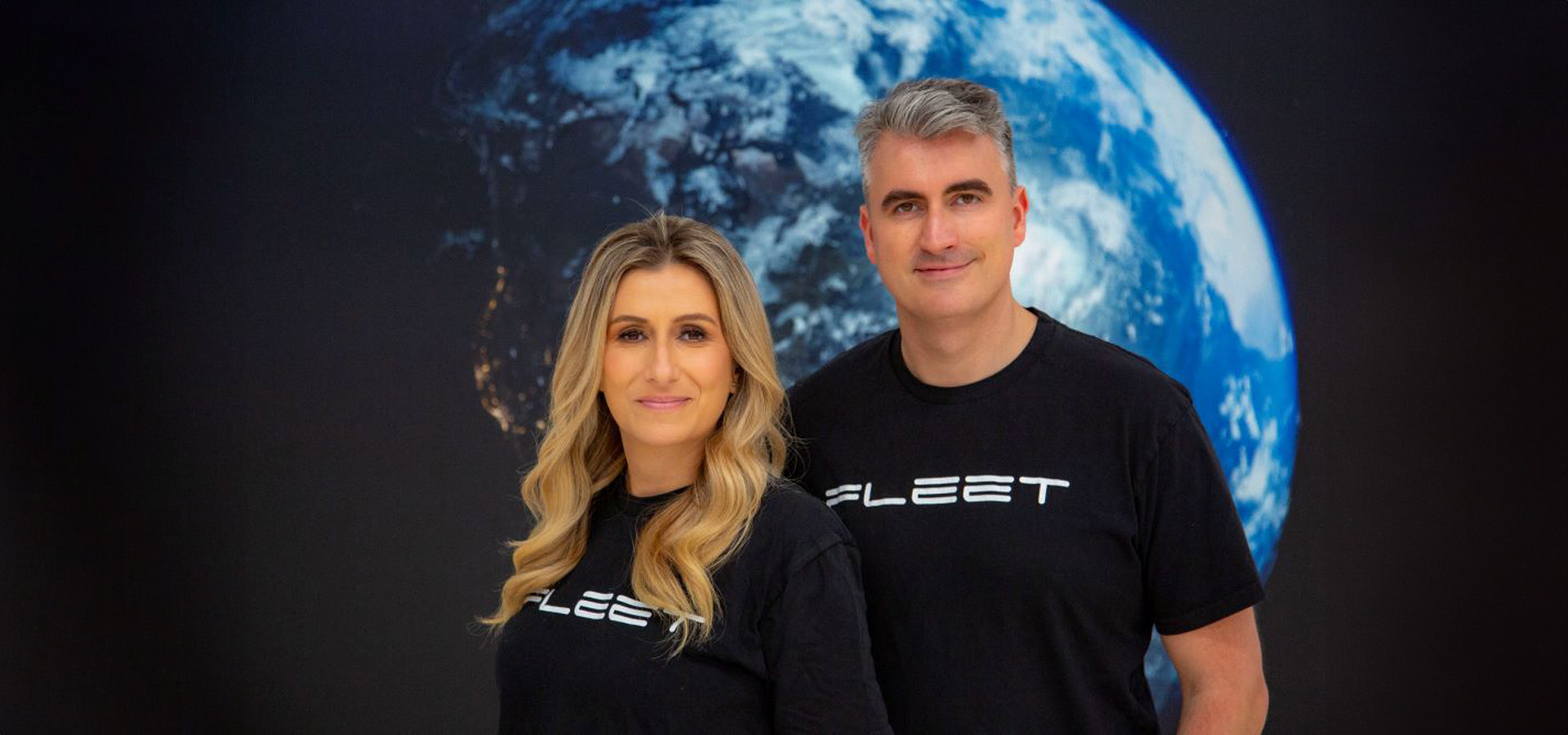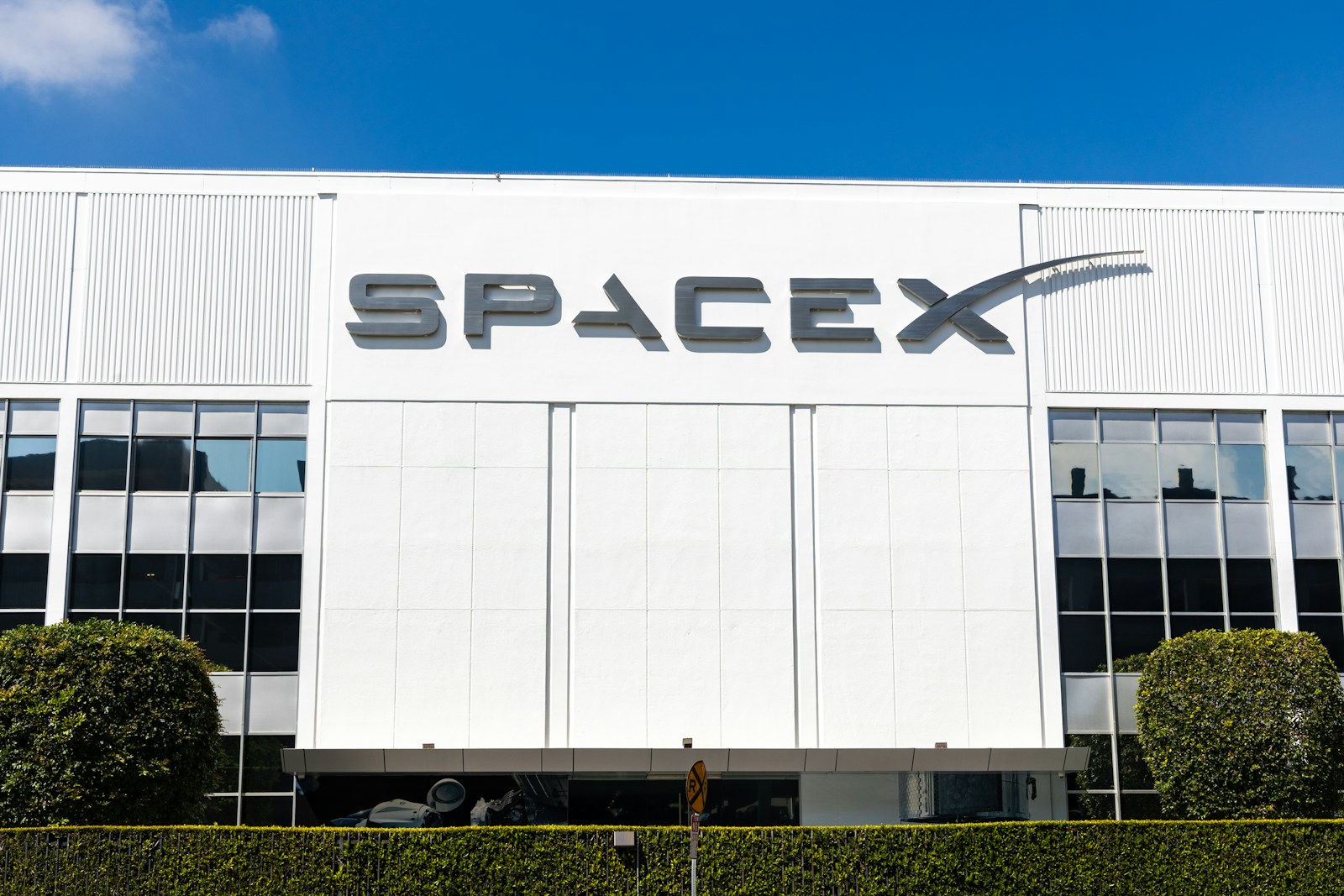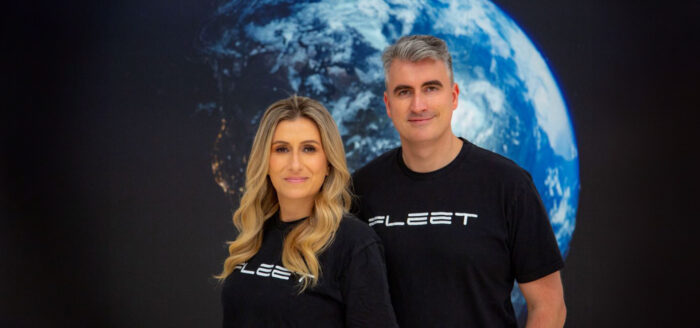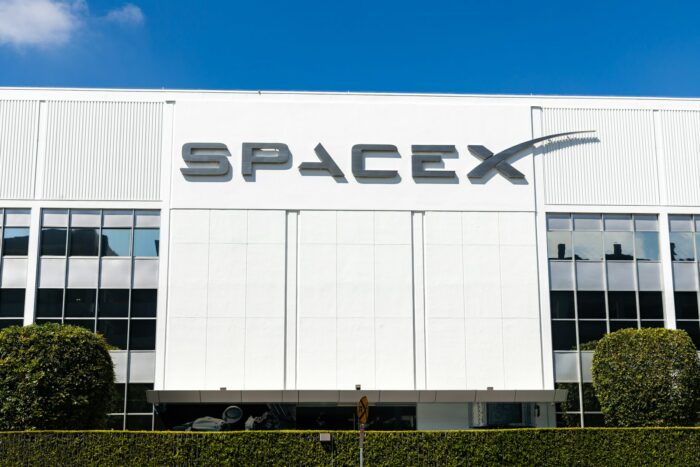Insider Brief:
- The Space Safety Coalition published an enhanced version of its “Best Practices for the Sustainability of Space Operations” document to address emerging safety and sustainability concerns more proactively.
- The practices provide a model framework of topics that are critical to address for space safety.
- The revised practices improve specific guidance for launch vehicle and spacecraft disposal upon mission completion and add recommendations for cybersecurity, spacecraft anomaly root cause assessment, and prevention of intentional collision or fragmentation events.
PRESS RELEASE — Exton, Pennsylvania / April 4, 2023 — An international coalition of industry and government satellite operators, launch vehicle and spacecraft manufacturers, SSA companies, and other space stakeholders today announced an important update to its landmark set of best practice guidelines and expected norms of behavior in space, establishing a new set of “rules of the road” for coordination of space operations.
The Space Safety Coalition (SSC) published an enhanced version of its “Best Practices for the Sustainability of Space Operations” (SSC Best Practices) document to address emerging safety and sustainability concerns more proactively in the space environment. The practices provide a model framework of topics that are critical to address for space safety.
“The SSC’s new guidelines are particularly important given today’s rapidly increasing risk of collisions,” said Dan Oltrogge, SSC founder and administrator. “Best practices spanning all phases of the spacecraft life cycle must keep pace as our use of and reliance upon space ever deepens.”
Founded in 2019, the SSC was established to evolve, maintain, and promote a set of best practices for safe space operations. The updated best practices incorporate recent updates to international guidelines and standards from several international governing bodies including the UN, IADC, ISO, and CCSDS. The revised practices improve specific guidance for launch vehicle and spacecraft disposal upon mission completion and add recommendations for cybersecurity, spacecraft anomaly root cause assessment, and prevention of intentional collision or fragmentation events.
“These best practices clearly set aspirational targets to encourage all space actors to advance towards a safer, more responsible and sustainable use of space,” said Charles Law, Sr. Manager of Flight Dynamics at SES. “Importantly, these best practices seek to stop intentional collisions and fragmentations, and it is encouraging to see a framework to coordinate between manoeuvrable satellites and to exchange orbit information.”
To date, 27 industry representatives from the commercial space community have endorsed the updated guidelines including manufacturers, launch providers, spacecraft operators, consultants, foundations, mission extension, active debris removal service providers, commercial SSA companies, and insurers.
“At Planet Labs, the operator of the largest fleet of Earth observation satellites in orbit, we care deeply about safe and sustainable space operations and are proud to endorse these community-led best practices around data sharing and responsible operations, which will help preserve low earth orbit as a global commons for all operators,” said James Mason, SVP of Space Systems at Planet Labs PBC.
“Negotiation to build consensus around norms like these are crucial to safeguard space systems,” said Luc Riesbeck, SSC assistant administrator and a policy research analyst at Astroscale U.S. “We welcome interested stakeholders to participate in this unique coalition to improve the state of the art for space operations safety. Responsible space behavior means you never stop setting new benchmarks – but at the same time, you ensure that the result is meaningful, actionable guidance that operators around the globe can begin putting in place right away.”
SOURCE: Space Safety Coalition
Featured image: SSC’s logo. Credit: Space Safety Coalition
For more market insights, check out our latest space industry news here.
Share this article:










